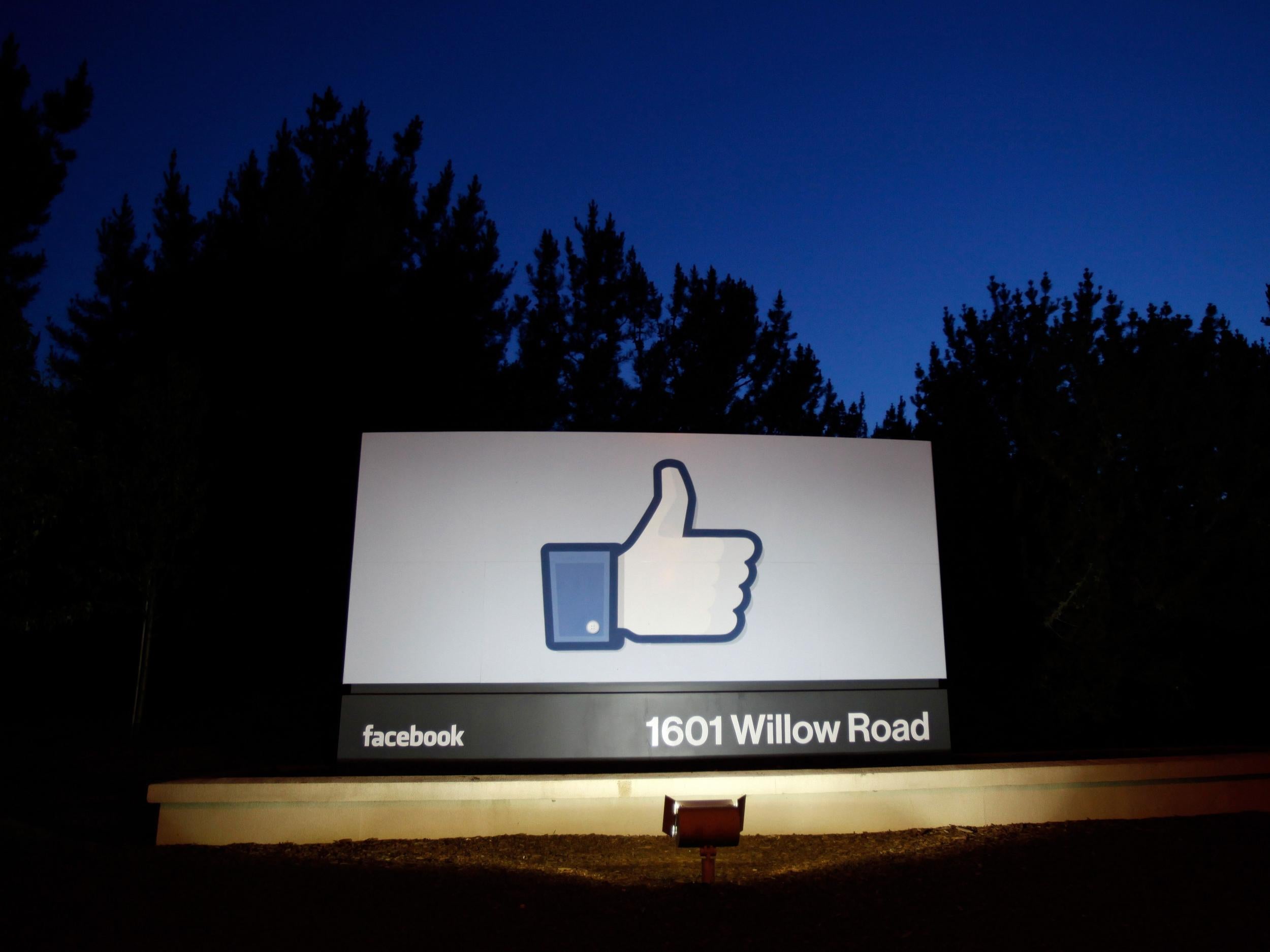Facebook loses first round of court battle over 'unlawful' storing of users' biometric data
Facebook called for the case to be thrown out, but a judged has ruled that it should continue

As the world's biggest social network, Facebook already holds masses of data about hundreds of millions of people across the world - but privacy advocates are growing increasingly worried about what the company does with this information.
A group of American Facebook users are now taking the social network to task, suing it over allegations that it harvests information about individual users' faces without their consent.
In a California court, the social media giant lost the first round of a court battle against a group of users who sued the company for allegedly storing their biometric data “unlawfully.”
Facebook tried to get the case thrown out, but District Judge James Donato denied the request. It now looks set to continue..
Biometric data is information about your physical characteristics, and it’s commonly used by tech companies as a form of identification. For example, many smartphones use biometrics to verify users' identities through fingerprint scanners.
As Reuters reports, the plaintiffs in the latest Facebook case allege the company broke the law by collecting and storing this type of data from photographs of their faces, building up a database which was used to identify them across the site.
They claim that Facebook didn't obtain their proper consent to store facial data, which is used to identify users in pictures so they can be 'tagged' more easily by their friends.
The 'tag suggestions' feature is available in the US, but was axed in the EU in 2012 after privacy regulators raised objections.
The plaintiffs claim that Facebook's data storage practices break Illinois' 2008 Biometric Information Privacy Act (BIPA), which requires companies to get consent from customers before collecting and keeping this data.
Facebook argued for the case to be thrown out, claiming the plaintiffs had agreed for their legal dealings with the company to be governed by California law when they signed up to Facebook's user agreement. It also claimed BIPA does not apply to the ‘tag suggestions’ feature.
However, the court ruled that Illinois law still applies, and said the BIPA claim can go ahead.
Writing in his ruling, Donato said: “The Court accepts as true plaintiffs' allegations that Facebook's face recognition technology involves a scan of face geometry that was done without plaintiffs' consent.”
As USA Today reports, Shawn Williams, one of the lawyers representing the plaintiffs, said they were “pleased with the court's well-reasoned decision.”
The Independent has contacted Facebook for comment.
Join our commenting forum
Join thought-provoking conversations, follow other Independent readers and see their replies
Comments
Bookmark popover
Removed from bookmarks